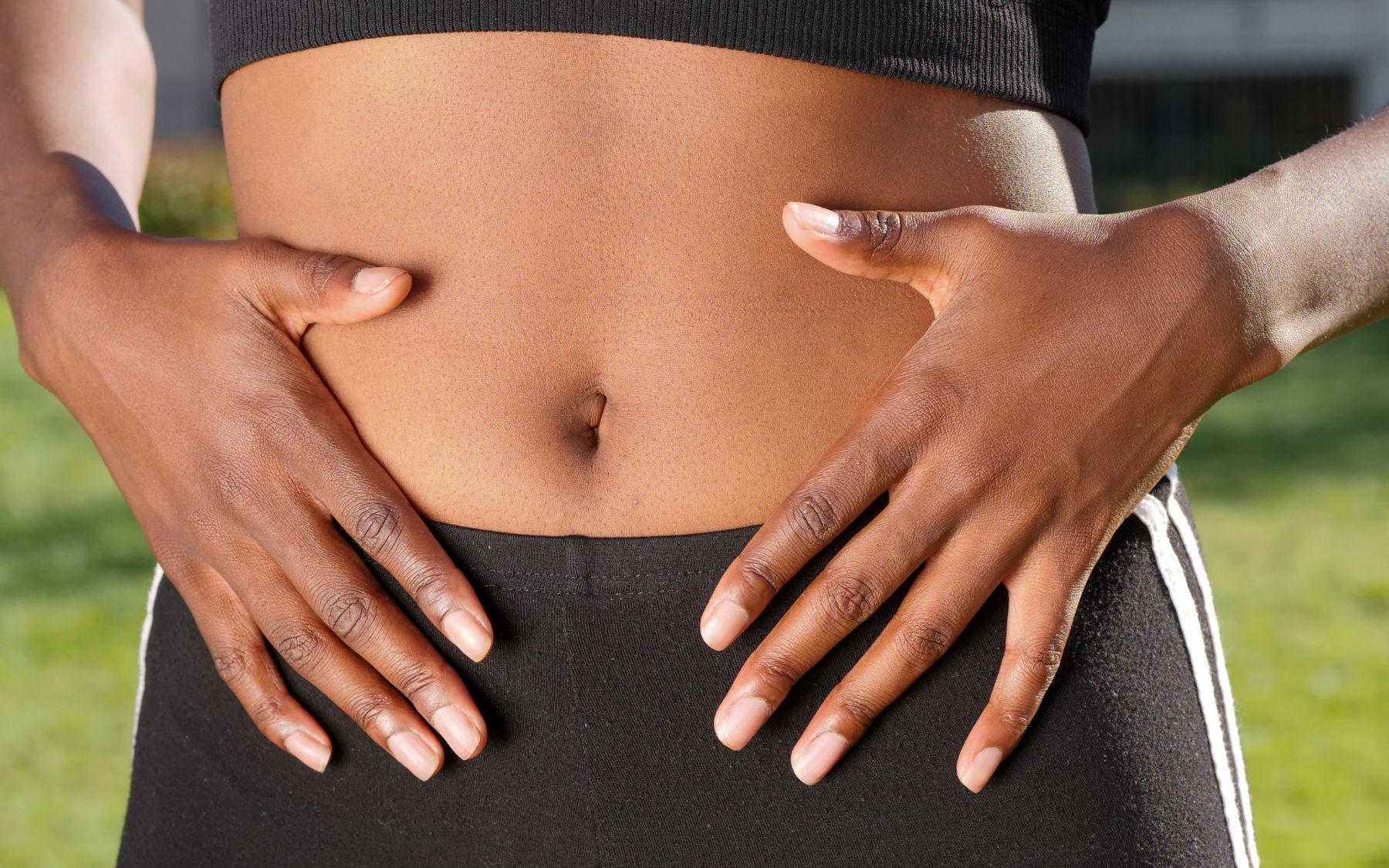Hormones play a significant role in regulating various bodily functions, including metabolism, mood, and energy levels. For women, hormone fluctuations, especially those related to the menstrual cycle, pregnancy, and menopause, can significantly influence how the body responds to exercise. Understanding how these hormonal shifts work can help women tailor their workouts to improve performance, reduce injury risk, and boost overall well-being.
The Menstrual Cycle and Exercise
The menstrual cycle, typically around 28 days, is divided into two main phases: the follicular phase (days 1-14) and the luteal phase (days 15-28). These phases are driven by changing levels of oestrogen and progesterone, two key hormones that affect energy levels, muscle strength, and recovery.
- Follicular Phase (Day 1 to Ovulation): During the first half of the cycle, oestrogen levels gradually rise, peaking just before ovulation. Oestrogen is known for its anti-inflammatory properties, and during this phase, women may experience enhanced energy, mood, and muscle recovery. This is an excellent time for high-intensity workouts, strength training, and endurance exercises, as the body is better at building muscle and handling stress.
- Ovulation (Mid-Cycle): Around day 14, when ovulation occurs, energy levels tend to peak. Women may feel more powerful and motivated during this short window, making it a great time for pushing through personal records (PRs) or high-intensity interval training (HIIT).
- Luteal Phase (Post-Ovulation): After ovulation, progesterone levels rise, while oestrogen levels slightly dip. Progesterone can cause a slight increase in body temperature, making endurance exercises like long-distance running or cycling more challenging. The body tends to retain more water, which may contribute to bloating and a sense of heaviness. During this phase, it may be more beneficial to focus on lower-intensity workouts, yoga, Pilates, or steady-state cardio to support the body's natural rhythms.
Pregnancy and Postpartum Exercise
Hormonal changes during pregnancy can make exercise both beneficial and challenging. Oestrogen and progesterone rise dramatically to support the growing foetus, and these changes can cause fatigue, nausea, and joint instability. However, exercise during pregnancy, when done safely and with a doctor’s approval, can help reduce the risk of gestational diabetes, improve mood, and support faster postpartum recovery.
Postpartum, hormonal fluctuations, especially the drop in oestrogen, can impact muscle recovery and energy levels. Women should focus on gradual re-entry into fitness, starting with pelvic floor strengthening, gentle walking, and light resistance exercises before moving back into more intense workouts.
Menopause and Exercise
Anyone who has followed my blog for a while will know that this is hot topic of mine! As women approach menopause, oestrogen levels begin to decline. This decrease can lead to symptoms like muscle reduction, fatigue, and reduced bone density. Exercise becomes even more important during this stage of life to mitigate these effects. Strength training, in particular, is critical for maintaining muscle mass and supporting bone health, while aerobic exercises like walking or swimming can help manage weight and boost cardiovascular health.
Additionally, flexibility and balance-focused exercises such as yoga or Tai Chi can improve mobility and balance, which become more of a concern as bone density decreases.
Summary
Women's hormonal cycles influence energy, strength, and recovery, making it important to adapt workout routines to these natural changes. Whether during the menstrual cycle, pregnancy, or menopause, understanding how hormones affect the body can help women optimise their exercise routines for better results, improved mood, and long-term health benefits. By listening to their bodies and adjusting their workouts accordingly, women can continue to stay active, strong, and healthy through every phase of life.
As always any questions please do get in touch.
Caroline x







